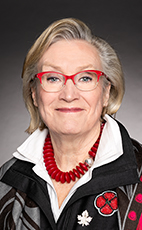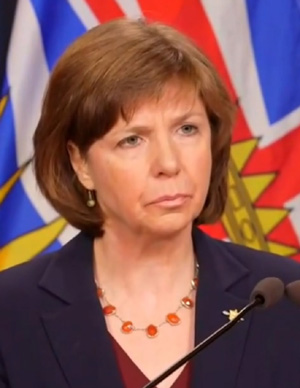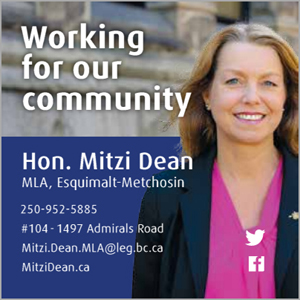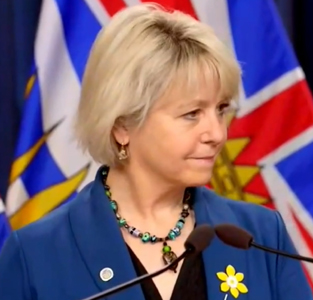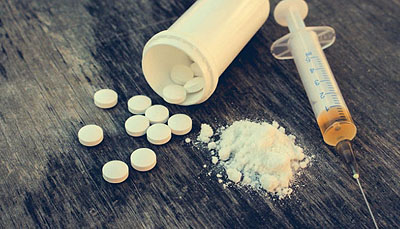
Tuesday May 31, 2022 | VICTORIA, BC [Updated June 1, 2022]
by Mary P Brooke, B.Sc. | Island Social Trends
From both a health perspective and in recognizing a need to shift social policy, this is big news for Canadian society, with a BC focus.
British Columbia is taking a critical step toward reducing the shame and fear associated with substance use as the federal Minister of Mental Health and Addictions and Associate Minister of Health announced the granting of a three-year exemption under the Controlled Drugs and Substances Act (CDSA) to remove criminal penalties for people who possess a small amount of certain illicit substances for personal use.
This exemption will be in effect from January 31, 2023 to January 31, 2026, throughout British Columbia. The Province will work with a broad range of partners to implement this policy change, including the federal government, health authorities, law enforcement, people with lived and living experience, Indigenous partners and community organizations to establish the public health and public safety indicators in order to monitor and evaluate the outcomes of this exemption in real time.
“The shocking number of lives lost to the overdose crisis requires bold actions and significant policy change. I have thoroughly reviewed and carefully considered both the public health and public safety impacts of this request,” said Carolyn Bennett, federal Minister of Mental Health and Addictions and Associate Minister of Health.
“Eliminating criminal penalties for those carrying small amounts of illicit drugs for personal use will reduce stigma and harm and provide another tool for British Columbia to end the overdose crisis,” says Bennett.
Not legalization:
This exemption is not legalization. These substances remain illegal, but adults who have 2.5 grams or less of the certain illicit substances for personal use will no longer be arrested, charged or have their drugs seized.
Instead, police will offer information on available health and social supports and will help with referrals when requested.
Public health issue:
“Substance use is a public health issue, not a criminal one,” said Sheila Malcolmson, B.C.’s Minister of Mental Health and Addictions. “By decriminalizing people who use drugs, we will break down the stigma that stops people from accessing life-saving support and services.”
Over the past five years, British Columbia and the federal government have been building a continuum of care for mental health and substance use for people throughout the province and Canada. Increasing access to harm-reduction programs, such as safe consumption sites, safer supply and naloxone have been essential in saving lives. Implementing this exemption and reducing stigma around drug use is a vital part of the work toward decreasing barriers to this critical system of care.
Dr Henry weighs in:
“This exemption is a vital step to keeping people alive and help connect them with the health and social support they need,” said Dr. Bonnie Henry, B.C.’s provincial health officer.
“By removing the fear and shame of drug use, we will be able to remove barriers that prevent people from accessing harm reduction services and treatment programs,” she was quoted in today’s news release from the Ministry of Mental Health and Addictions.
Over the last few years, Dr Henry has spearheaded this direction in public health.
BC Greens support the move:
“This is a step that has been called for by the Provincial Health Officer since 2019,” said BC Green leader Sonia Furstenau in a news release today.
“Decriminalization opens the door to further drug policy reforms necessary for reducing the harms and death toll of the toxic drug supply,” she said today.
Federal/provincial cooperation:
Together, the federal and provincial governments will work closely to evaluate and monitor the implementation of this exemption, to address any unintended consequences and to ensure that this exemption continues to be the right decision for the people of B.C.
Federal NDP bill to decriminalize personal possession of drugs:
NDP critic for mental health and harm reduction, Gord Johns (a Vancouver Island MP, representing Courtenay-Alberni), has recently introduced a private member’s bill to offer a national solution to the public health crisis that claimed the lives of 27,000 Canadians in the past six years.
Johns — together with NDP Leader Jagmeet Singh — will be joined by a member of Moms Stop the Harm advocacy group to speak about the need to decriminalize the personal possession of drugs and help Canadians with a health-based approach to substance use.
Johns’ bill will be voted on by members of all parties in the House of Commons on June 1, following Question Period.
===== RELATED:
NDP stands for decriminalization of small-amount drug possession (June 1, 2022)



